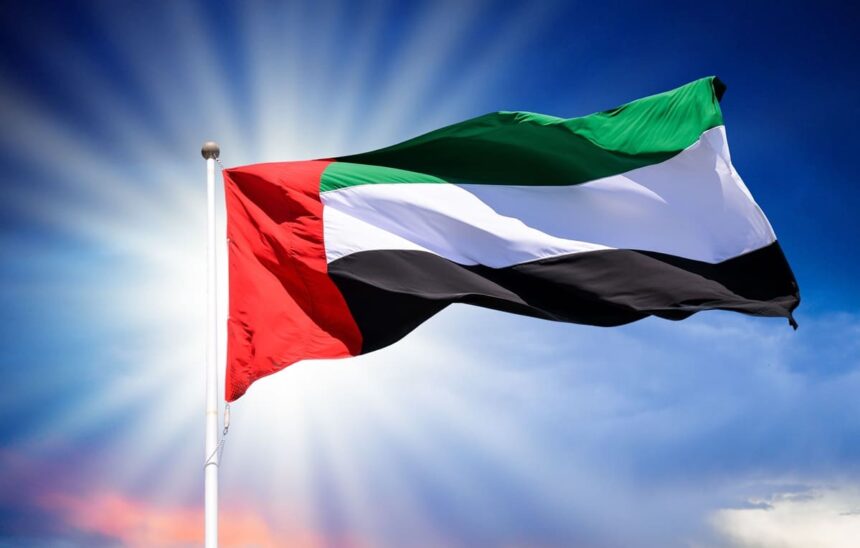Only in 2025, the EAU signed five new strains with:
- Malaysia
- New Zealand
- Kenya
- Ukraine
- Central African Republic
These agreements significantly expand the country’s global commercial network and create new opportunities for the private sector and the Eau business community in some of the most dynamic economies in the world.
EAU CEPA Offers
Six of these agreements have officially entered into force. Other fourteen have been signed and are in technical and ratification procedures in preparation for implementation.
Negotiations on six more agreements have been completed, and the firm is expected to soon.
Through 2025, the CEPA program continues to expand the commercial and investment associations of the EAU, strengthening the role of the country as a center for open and multilateral global trade.
The EAU are also found in the final stages of strain negotiations with several important economies, most of the main Japan, and conversations are expected to conclude before the end of 2025.
This reflects the commitment of both nations with economic collaboration and unlocking new opportunities for economic growth and development among their commercial communities.
The results of four key agreements that already have tasks in the effect highlight positive results, including non -oil trade between the EAU and India, grew by 20.5 percent, and Eau exports to India jumped 75 percent at the end of 2024.
Türkiye trade increased by more than 11 percent, and Indonesia saw that growth exceeds 15 percent, and Georgia registered a remarkable increase of 56 percent.
These results underline the impact of the real world of strain, which generally take five years or more to show significant effects.
The strain have had a positive impact on the performance of foreign trade of the EAU, which continues to witness constant growth.
The CEPA program has accelerated this ascending trajectory, supporting the progress towards the objectives described in the vision “We Eau 2031”.
This national agenda aims to increase the total value of non -oil foreign trade from the Emirates attached to AED4TN ($ 1.1TN), and increase non -oil exports to AED800BN ($ 218 billion) by 2031.
The positive impact of these agreements has felt in multiple sectors, more particularly in non -oil foreign trade services in the country and re -exports.
The key beneficiaries of these agreements include sectors such as logistics, clean and renewable energy, advanced technology and applications, financial services, green industries, advanced materials, agriculture and sustainable food systems.








